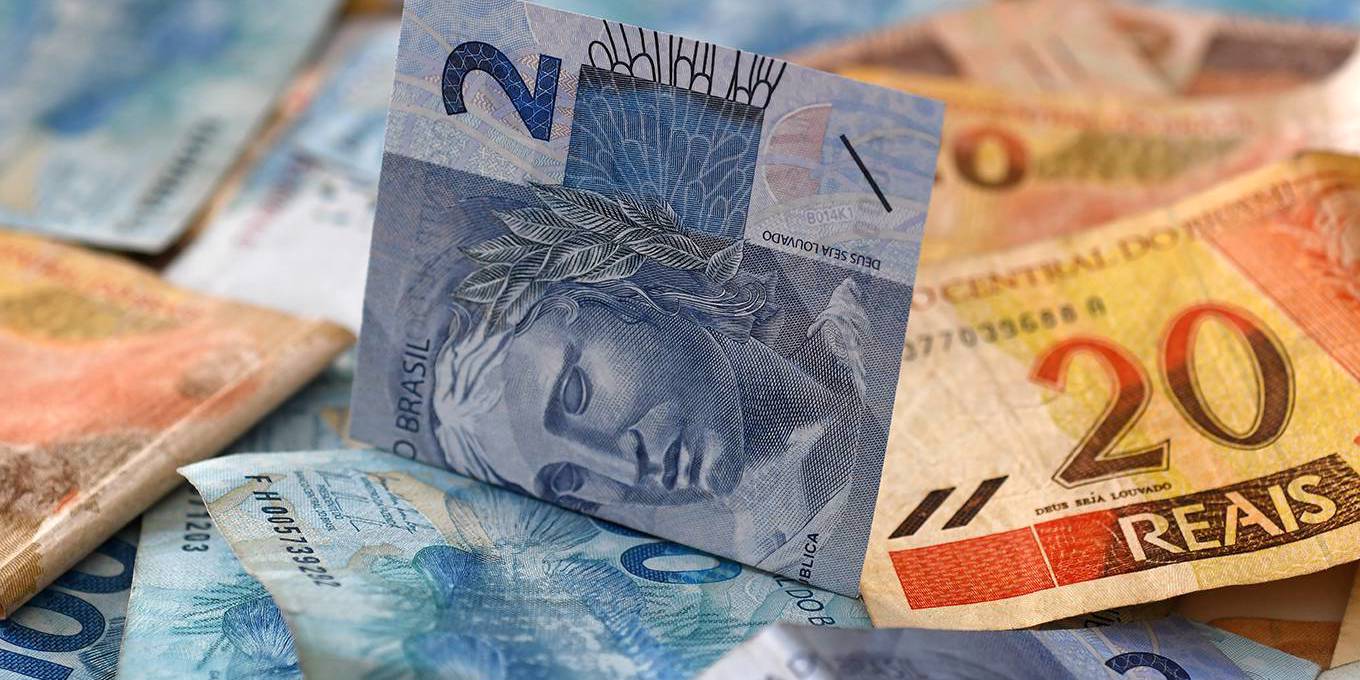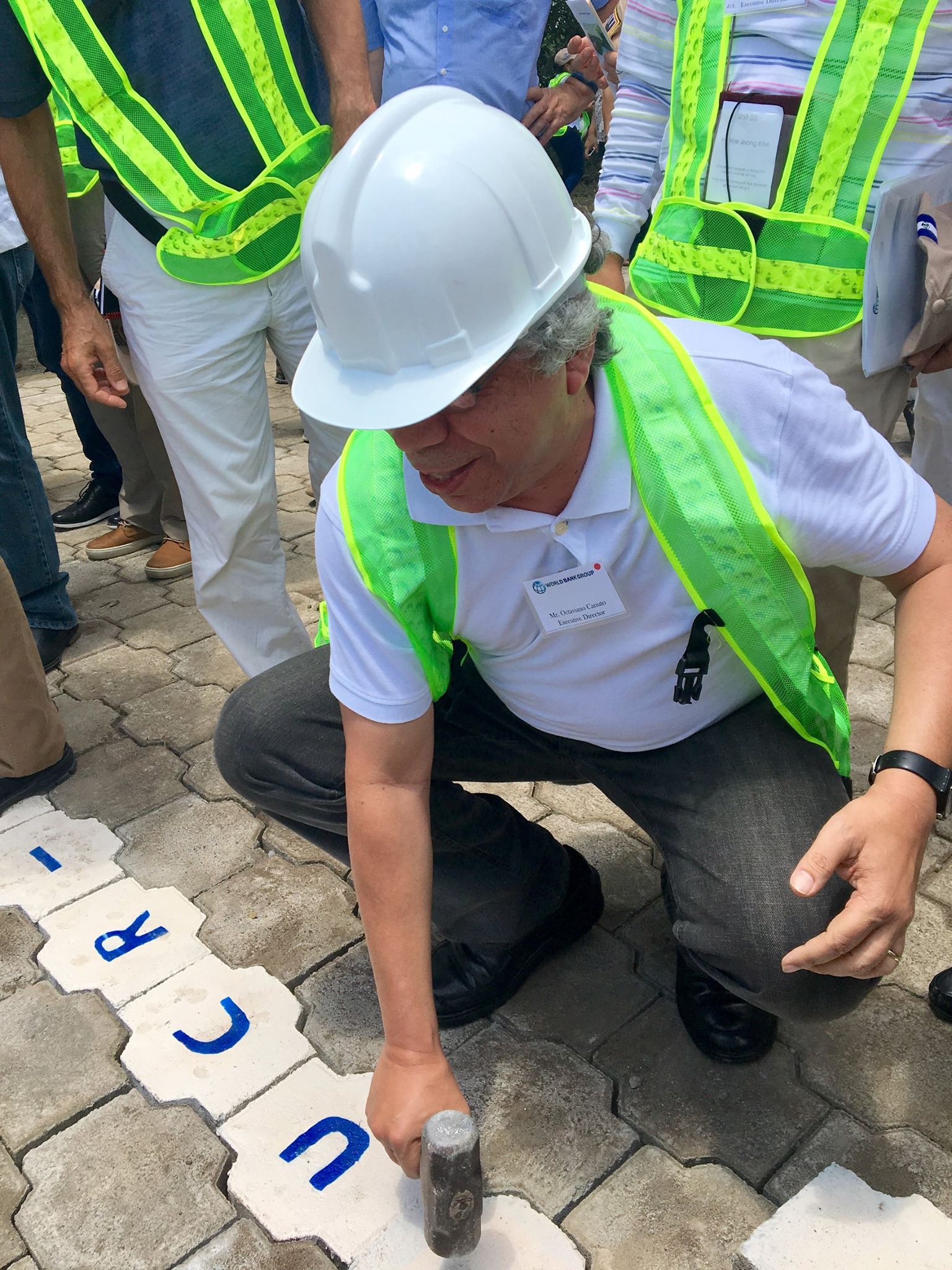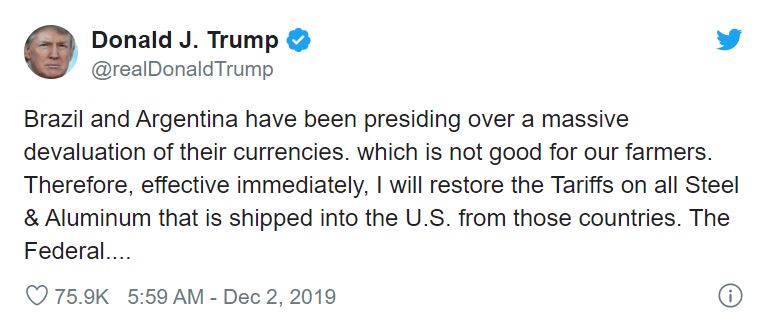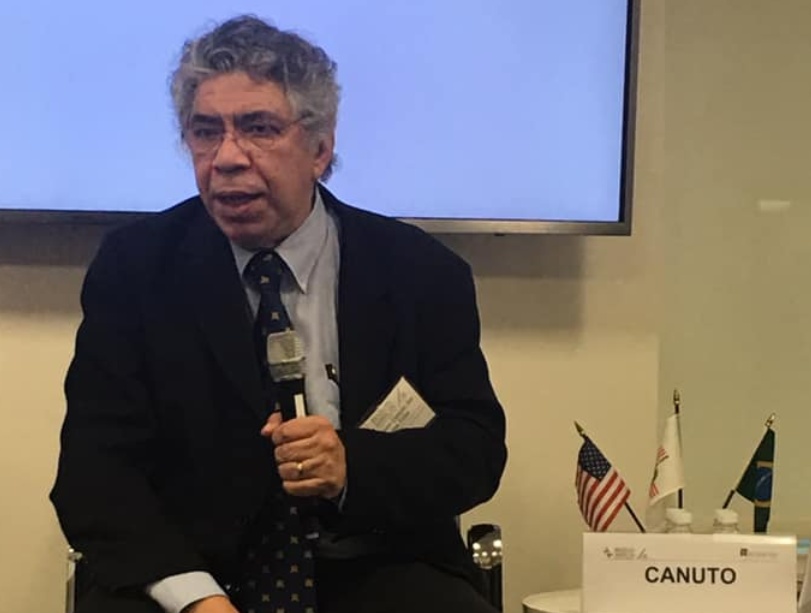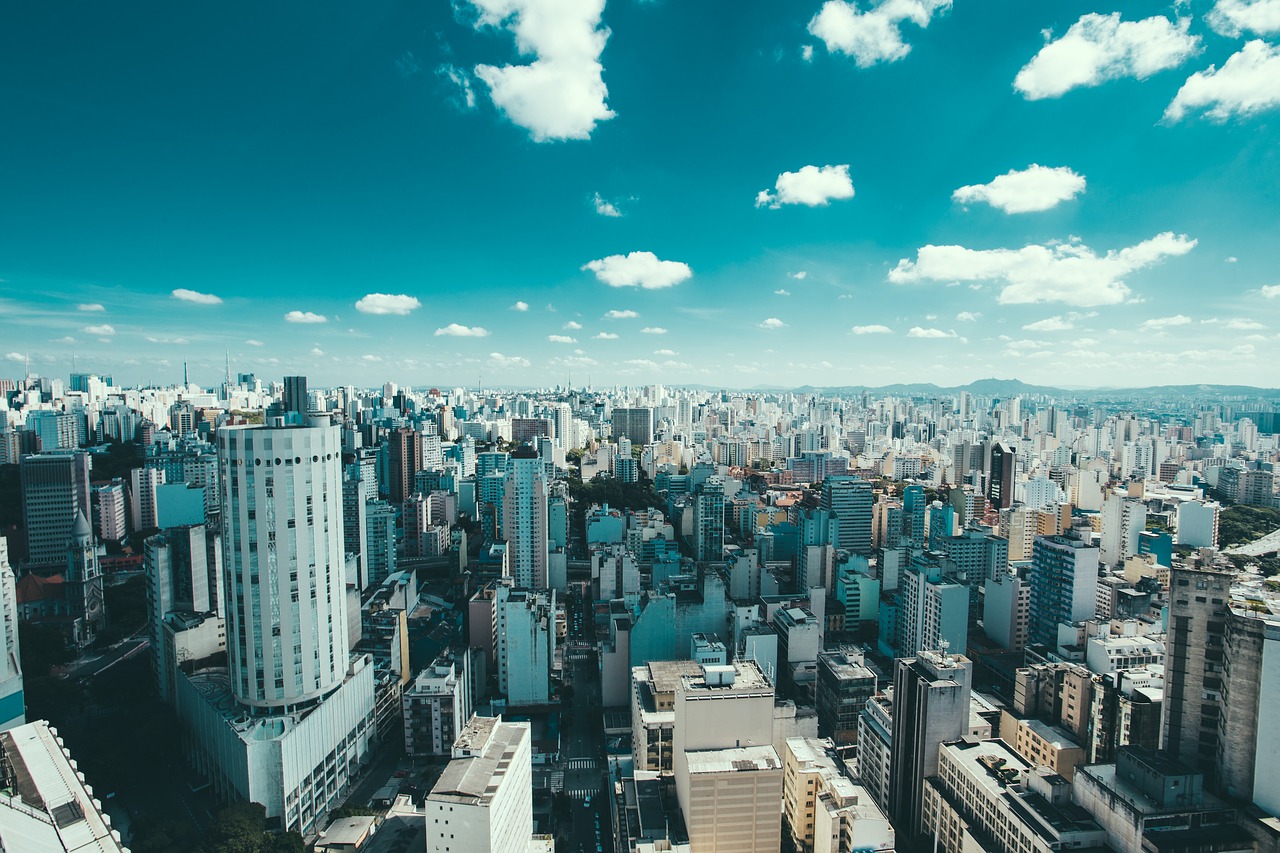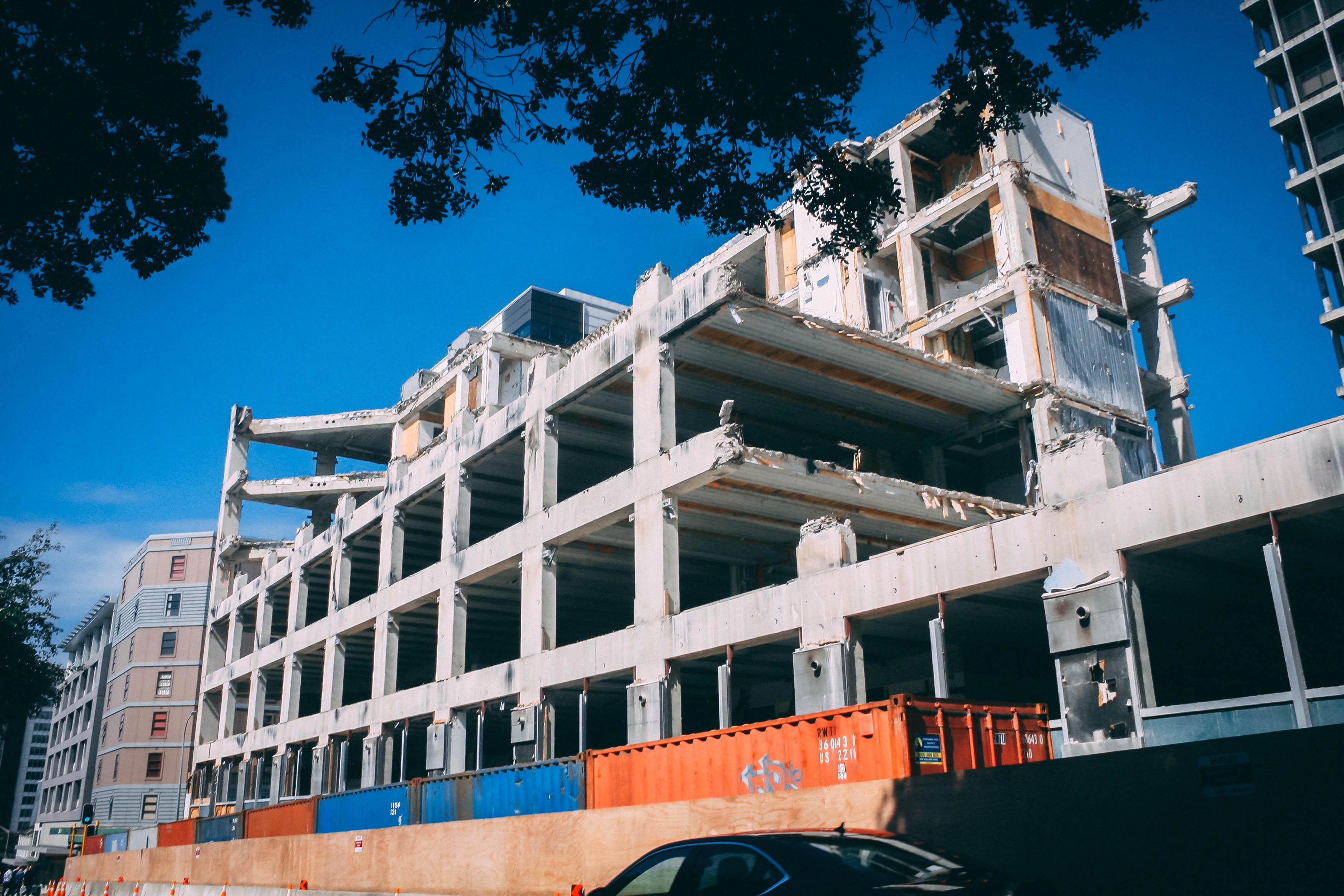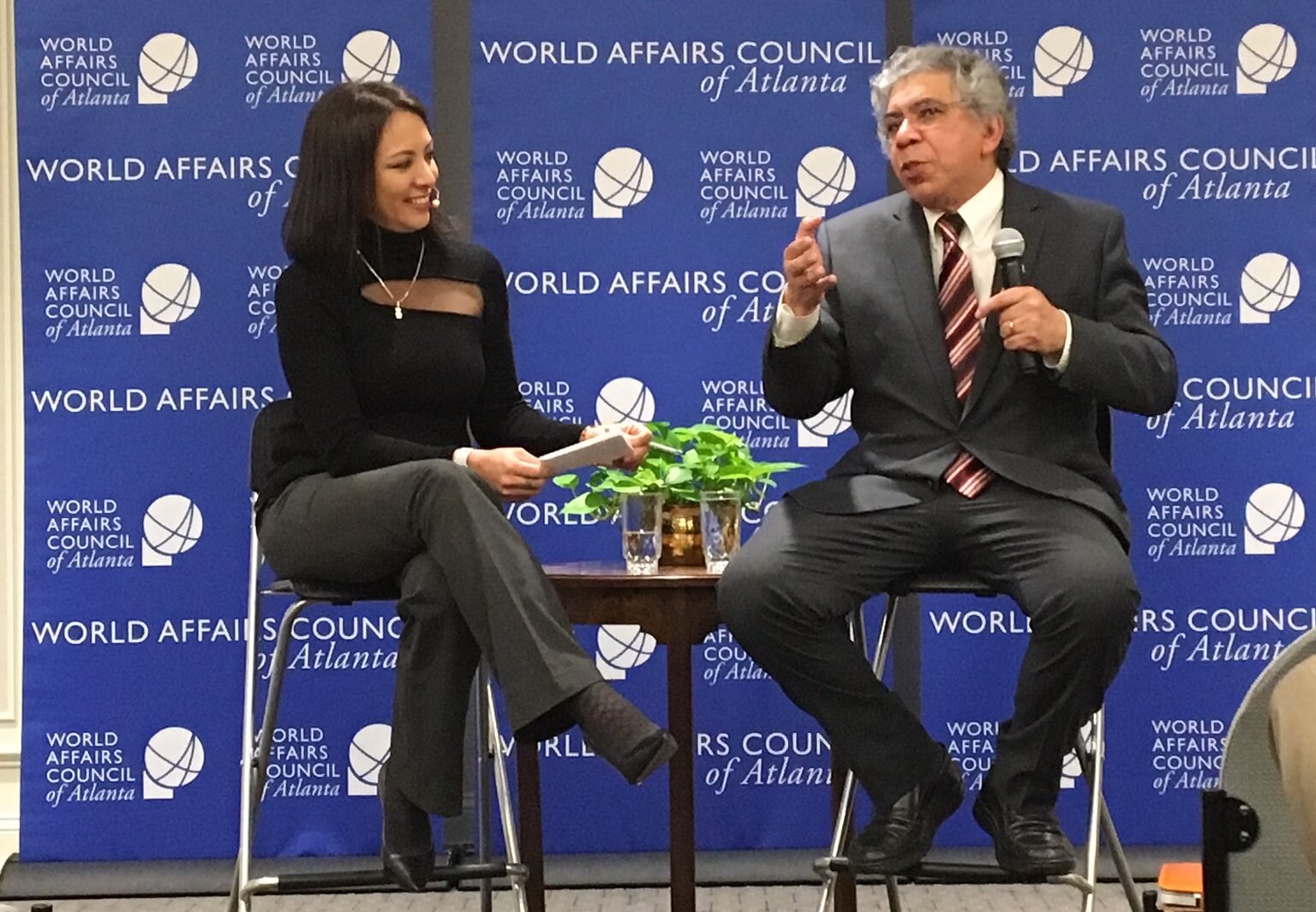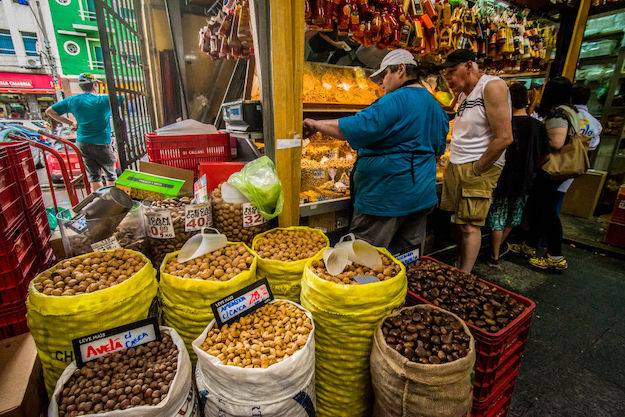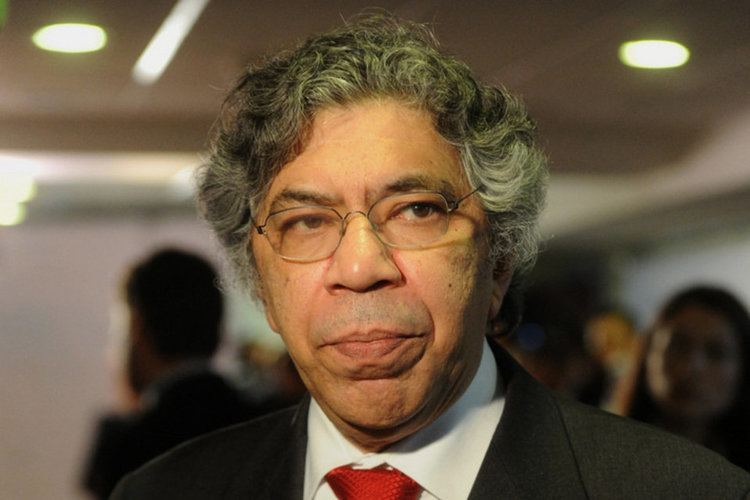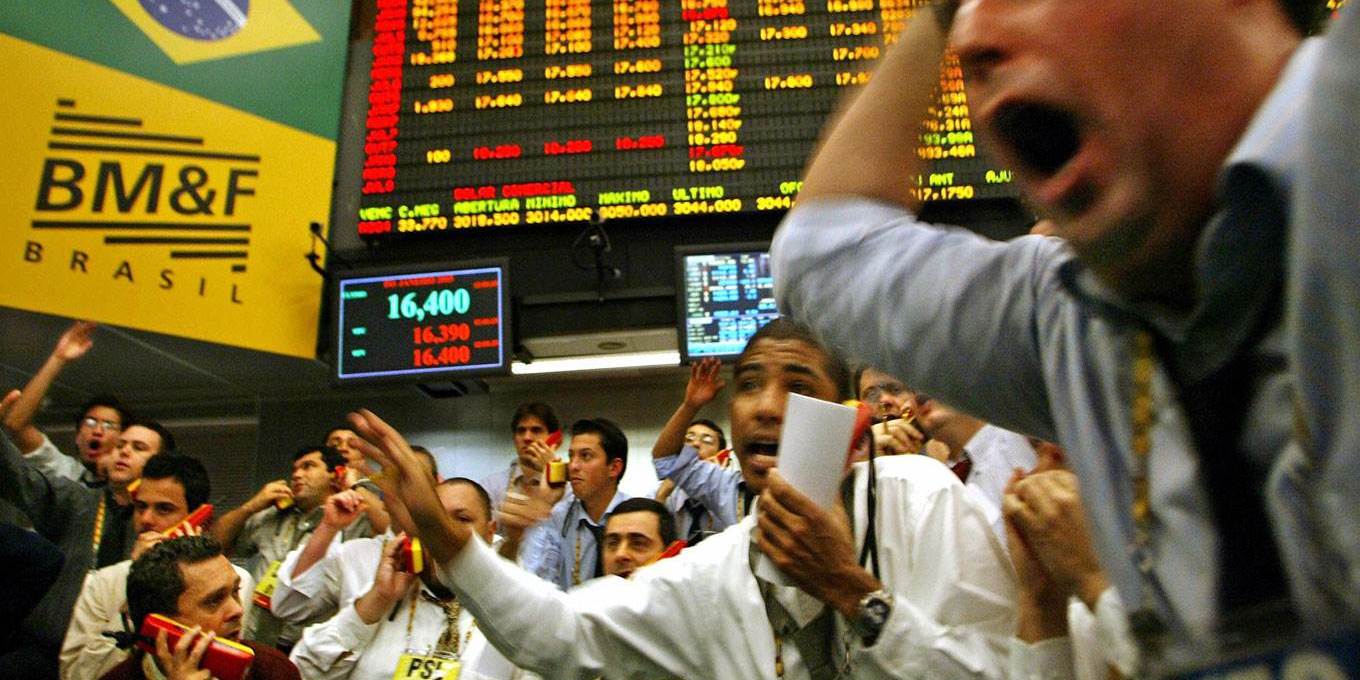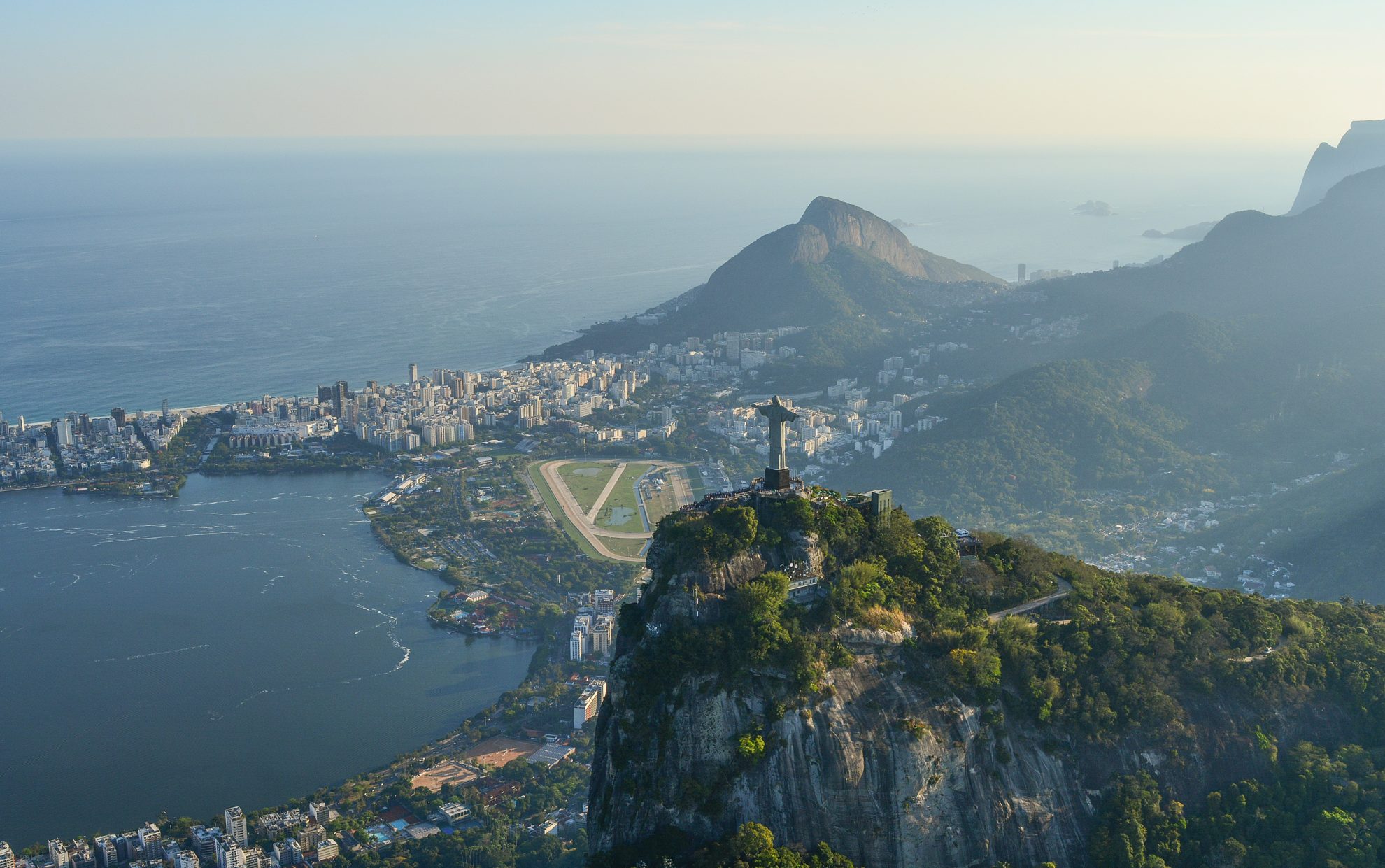Does the Brazilian policy for oil revenues distribution foster investment in human capital?
This paper assesses the effect of oil revenues on health and education indicators (measures for human capital) in the Brazilian municipalities using exogenous oil price variations. The Oil Law of 1997, apart from to hugely increase the amount of oil revenues distributed to the eligible municipalities due to the withdraw of the internal control price system, broadened its possible uses by the eligible municipalities, including investments in health and education in addition to traditional investments in infrastructure. Since Brazil has decentralized primary education and primary health care provision to the municipalities, we use the oil price as an external intervention in local economies to identify the effect of the non-renewed natural resources in promoting sustainable growth. We also explore the high inequality in oil revenues distribution among municipalities. Similar to the previous literature, our results point to a small improvement of the human capital indicators in the long run. The contribution of the largest oil revenue recipients, however, is null for these indicators.


